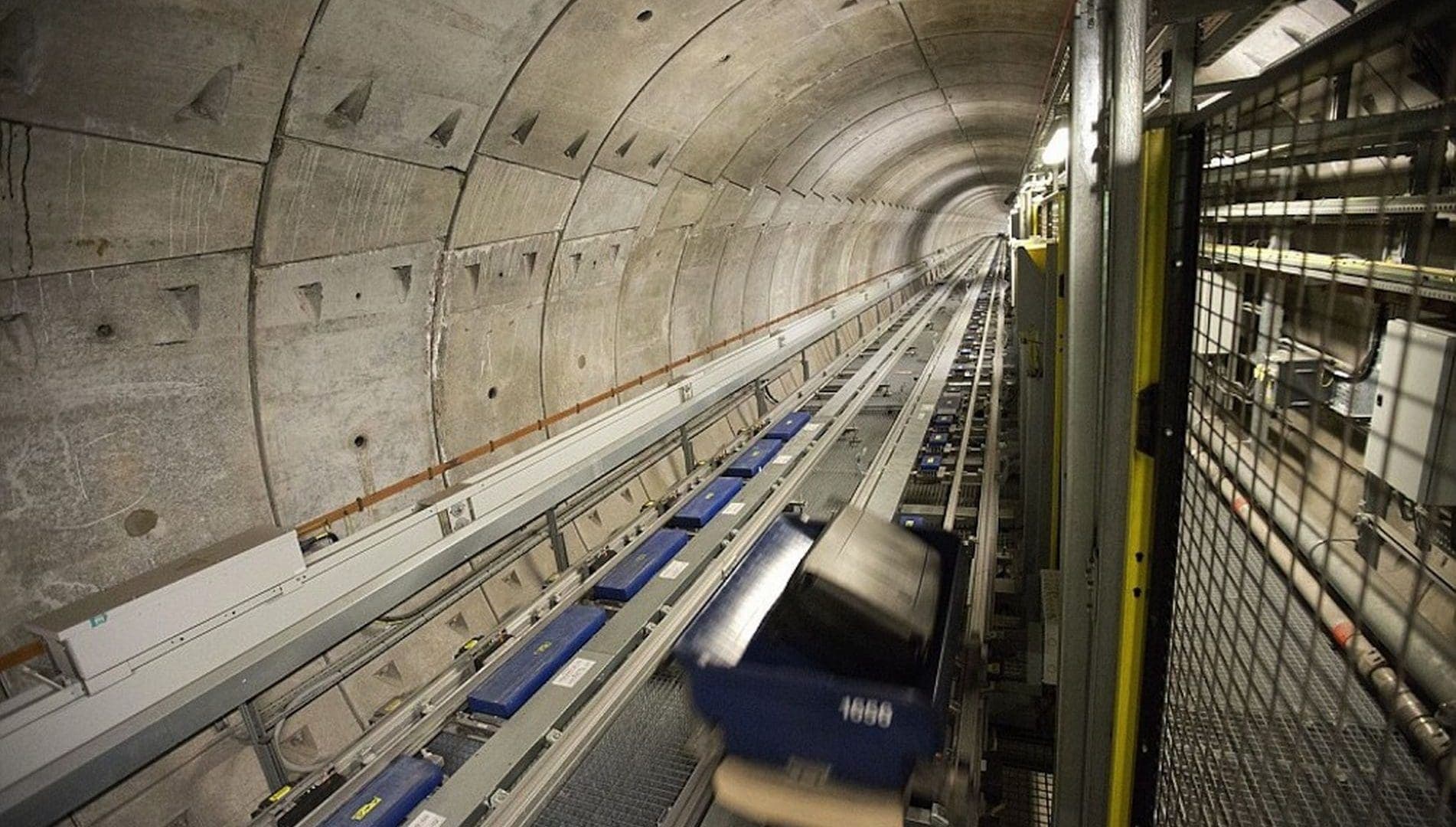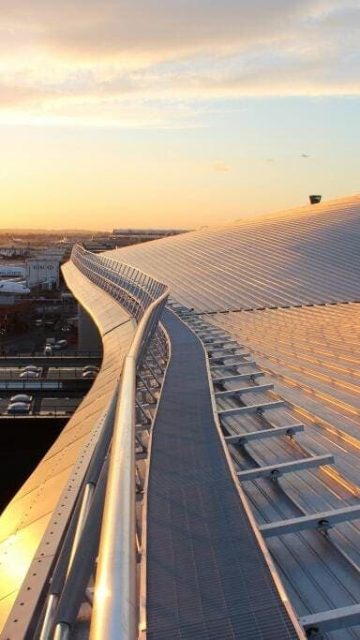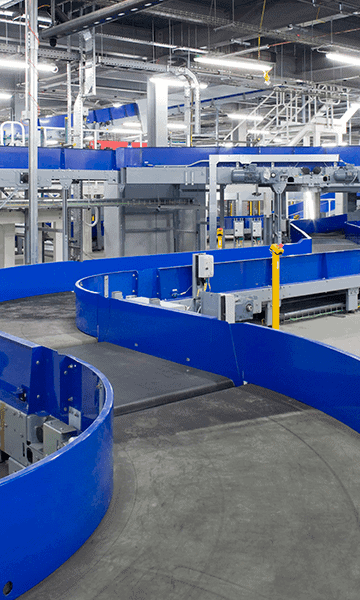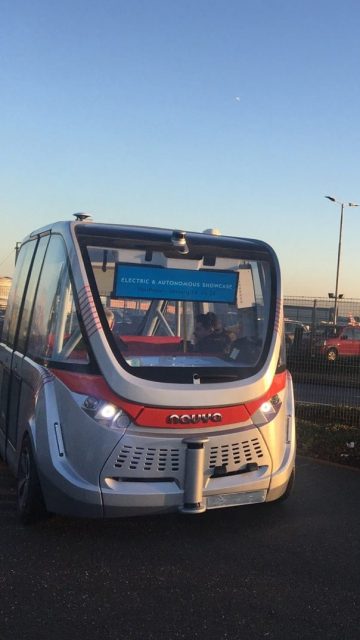

London, United Kingdom
-
2008-2012
Dates
-
2.1km
Baggage tunnel
-
3000/h
Bags capacity
The Heathrow Post T5 Transfer Baggage Tunnel is a network of underground baggage tunnels and a major part of the Heathrow Connectivity Programme. The project included an automated baggage transfer system and buildings, with capacity to manage 3,000 bags per hour between Terminals 5C, 3 and 1. The tunnels operate a Destination Coded Vehicles track system, comprising 960 carts capable of transporting luggage at speeds of up to 32km/h.
We constructed a 2.1km tunnel connecting the baggage transfer facility at the new Terminal 5C with the existing Terminals 1 and 3. We were the Complex Building Integrator for the construction and multi-disciplinary fit-out. The scope of works, split across four different contracts, comprised enabling works, design and construction of all the civil works including the new tunnel, three shafts, the Western Interface Building and one new stand, M&E fit-out, installation and commissioning of the Building Controls System and integration of the track system for the Destination Coded Vehicles.
The Western Interface Building (WIB), linking the new transfer baggage system to Terminal 3 and the T3 Integrated Baggage System, has a footprint of 6,800m² across three stories. Construction scope included piled foundations, structural steel frame, cladding, roofing, M&E and fit-out.
Health and safety was our primary concern, particularly as the tunnels and shafts were constructed around highly sensitive areas of the airport, including the Heathrow fuel farm. This has been one of the great achievements of the project, achieving two million RIDDOR-free hours worked.
We consistently achieved the milestone dates ahead of programme while minimising disruption at the airport and maintaining costs within the client’s budget.
Added Value
Despite being deemed 2009’s number one risk to Heathrow’s operations, the tunnel was completed with zero impact on the airport operations and £12m under the original budget.
We worked closely with HAL and our supply chain to develop a Scheme Design, developing an innovative fit-out solution that enhanced safety and produced significant cost and time savings.
We used Design for Manufacturing and Assembly (DfMA) techniques to help us develop a modular system that enabled elements of the installation to be prefabricated outside the tunnel. 200 modules were assembled offsite and installed in the tunnel, achieving a 25% reduction in programme and associated costs.
Two million RIDDOR-free hours – recognised as the safest-ever tunnelling project by the HSE and received public recognition from BAA for excellent Health & Safety PerformanceThe tunnel safely crossed assets including 185 separate services, nine buildings, five taxiways, 11 stands, the Piccadilly and Heathrow Express rail lines, and the main road leading to the airport.
-
Underground
3
shafts at T1, T3 and T5C
-
Three storey
6800
m² WIB at T3
-
Pavement QA
350 m³
m² in construction
Related projects
See more projects
Heathrow Airport

Largest Baggage System

